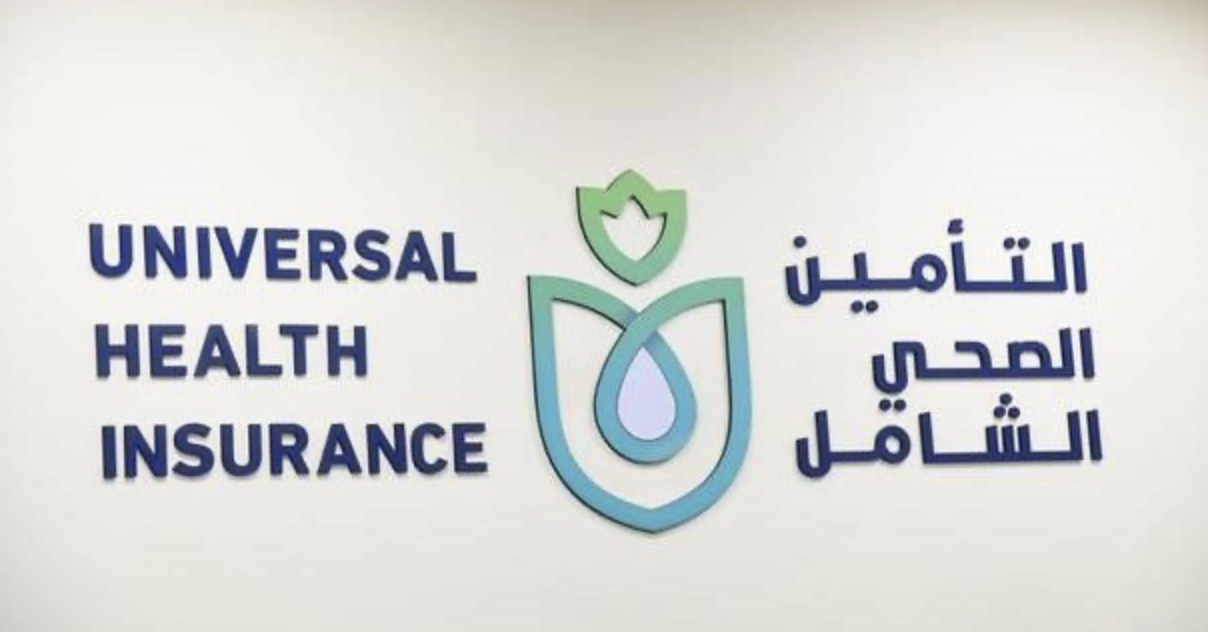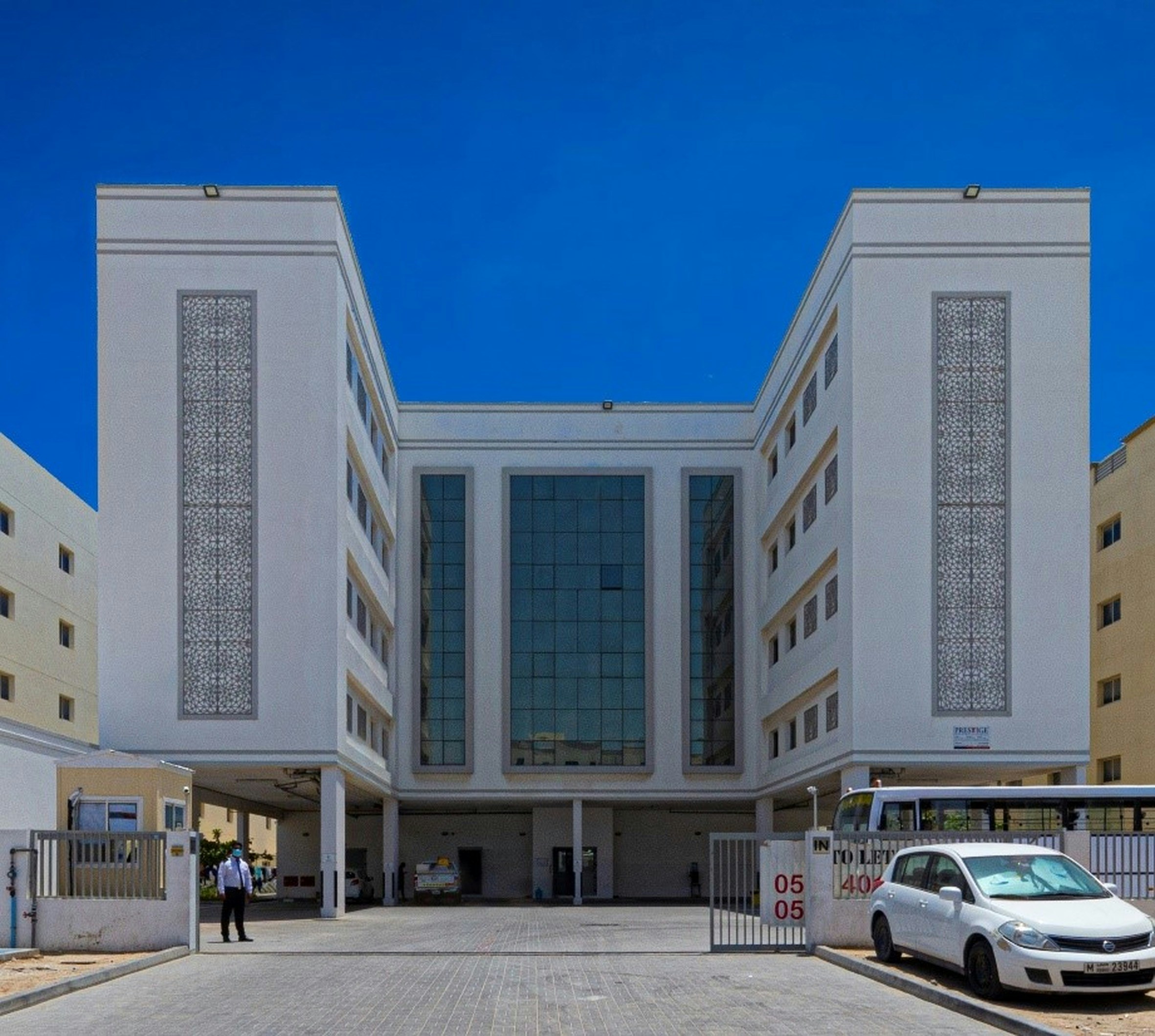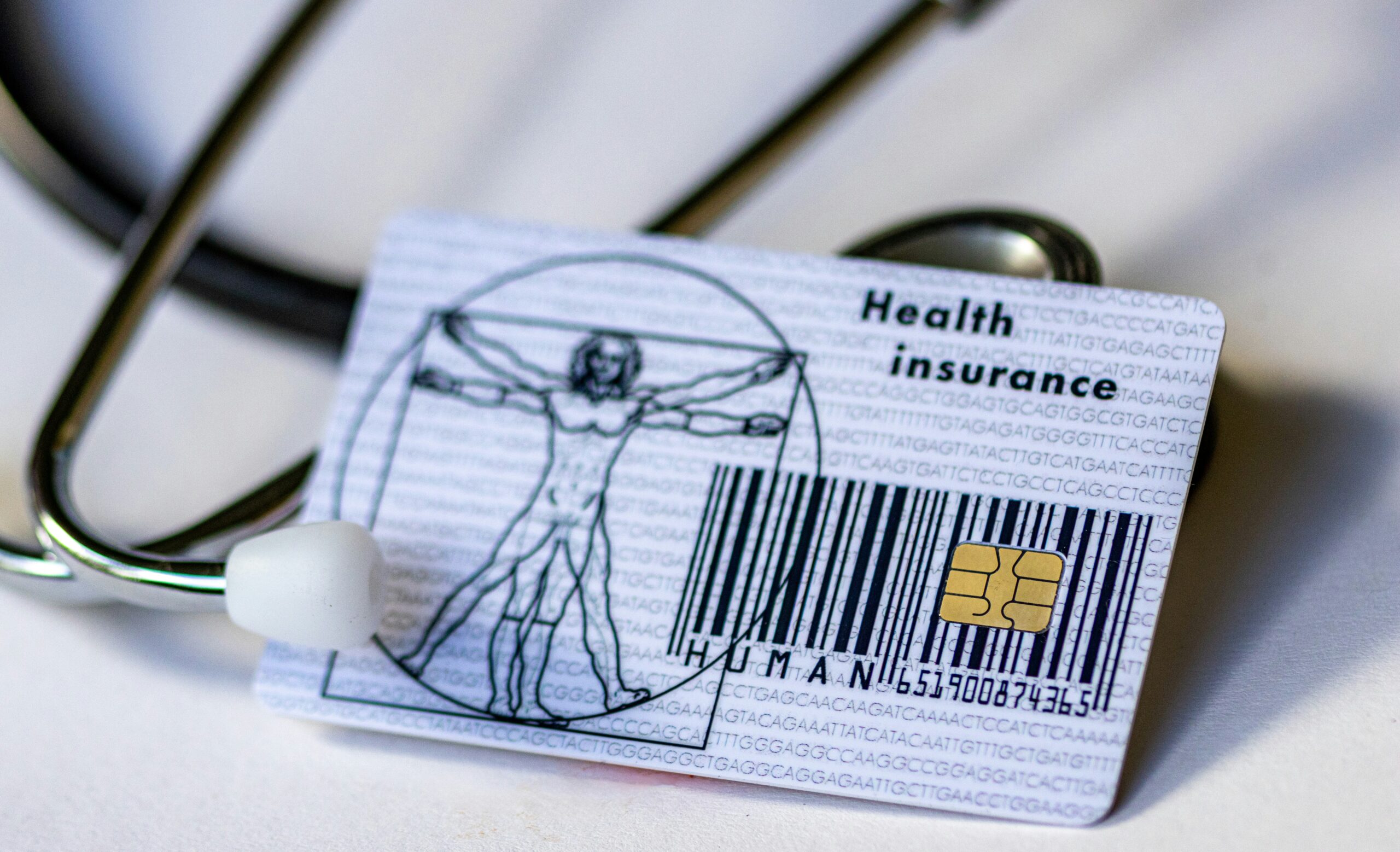Egypt’s Universal Health Insurance System in Luxor has enrolled over 90% of residents, with state support for low‑income citizens. Backed by digital systems, quality standards, and expanded services, it delivered 5.6M treatments in 2024/25, making Luxor a model of inclusive, efficient healthcare.
The Universal Health Insurance Authority has reported major progress in rolling out Egypt’s Universal Health Insurance System in Luxor Governorate, signaling a significant transformation in healthcare provision as part of the government’s long‑term strategy to ensure comprehensive and equitable access. According to the 2024/2025 report, the system has already covered over 90 percent of the local population, successfully registering nearly 1.29 million citizens out of Luxor’s 1.45 million residents. Alongside this, more than 843,000 family files have been opened, a strong indication of integration into the new system. The state has also taken a social equity approach by covering the subscriptions of 120,418 low‑income citizens, including beneficiaries of the “Takaful and Karama” program, in line with Law No. 2 of 2018.
Emphasizing the principle that “health is a right for all,” the Authority, under Executive Director Mai Farid, has focused on expanding enrollment, raising awareness, and improving service efficiency. A key driver of this progress has been the unified digital system, which has streamlined operations, reduced waste, enhanced monitoring, and facilitated real‑time decision‑making. This digitization is complemented by an expansion of specialized services, including rare and complex medical procedures, along with continuous training for medical and technical staff in cooperation with the Ministry of Health and other regulatory bodies.
Luxor’s healthcare infrastructure now consists of 79 contracted facilities, including public hospitals, family health centers, and private or NGO providers, all required to meet strict quality standards. Over the past fiscal year, the system provided more than 5.6 million healthcare services at a cost of LE 3.19 billion. Most of these were primary care services, though advanced interventions—from joint replacements and open‑heart surgeries to organ transplants and oncology treatments—were also delivered. The Authority has further improved services by issuing electronic treatment approvals, extending evening operations to meet demand, and offering installment plans for insurance contributions to reduce financial strain. Taken together, these reforms and achievements establish Luxor as a national model for inclusive, efficient, and high‑quality healthcare delivery.




